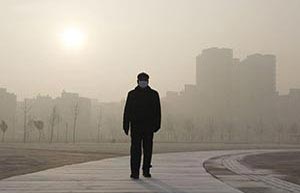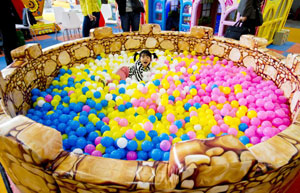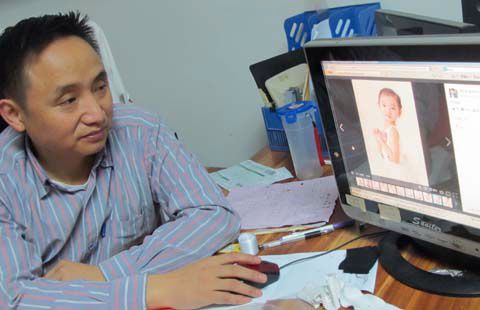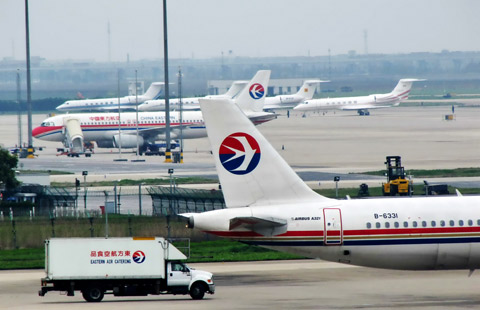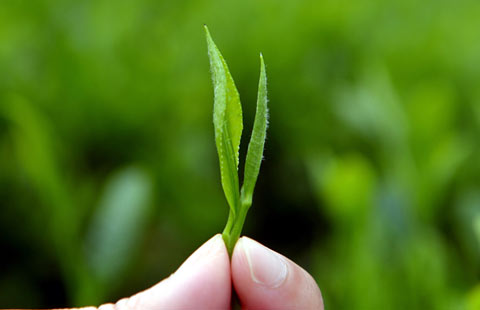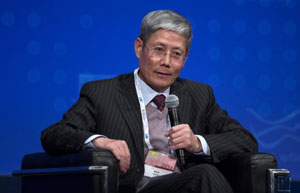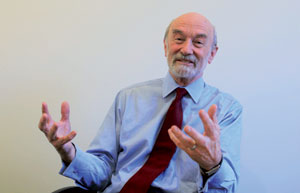Modern life arriving slowly for coal miners
By Li Yang (China Daily) Updated: 2014-04-25 06:57The heat in the Tongmei Hotel was so high that I could not fall asleep, even after opening all the windows on a cold winter night.
I called the front desk at midnight and asked if they could turn down the temperature. A sleepy voice told me impatiently: "Just turn on the air conditioner. The air conditioner is used to cool the room during the winter here."
|
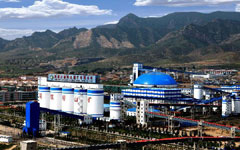 |
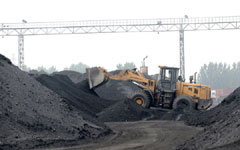 |
There are 200,000 miners living with nearly 800,000 relatives in Tongmei's new matchbox apartment buildings.
Most of their ancestors came from nearby villages. For more than 100 years, generations of miners dug coal for the Qing Dynasty (AD 1644-1911), warlords, Japanese invaders, the Kuomintang and the Communist Party of China, one after another.
They used chisels, shovels, baskets, hemp ropes and their muscles, living a hand-to-mouth life. Now they operate the most advanced coal cutters, supporting a whole family with one man's labor.
The miners lived in adobe houses in the mountains for generations before moving to the new apartment buildings built for them by Tongmei, short for Datong Coal Mine Group, two years ago.
They're not used to cooking with natural gas, and they don't care for modern toilets.
Most of them prefer the old life of eating, bathing and answering nature's call together.
They were born in the same hospital, went to the same school, eat in the same dining hall and speak the same dialect in the same accent. They're buried in the same graveyard.
Most of their children share the same dream of working for Tongmei as a miner, or marrying a miner.
|
|
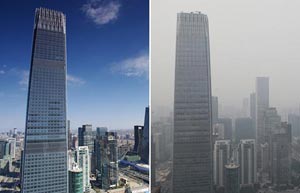 |
- China (Shanghai) Int'l Technology Fair kicks off
- Guanghui Energy to sell preference shares
- Distributed solar power generation to gain luster
- Apple, Google to pay $324m to settle conspiracy lawsuit
- Chengdu races to be China's new automotive hub
- Retailer Bosideng ends UK contracts
- BMW's electric car environmentally friendly inside and out
- BSH giving refrigerators a high-end update
